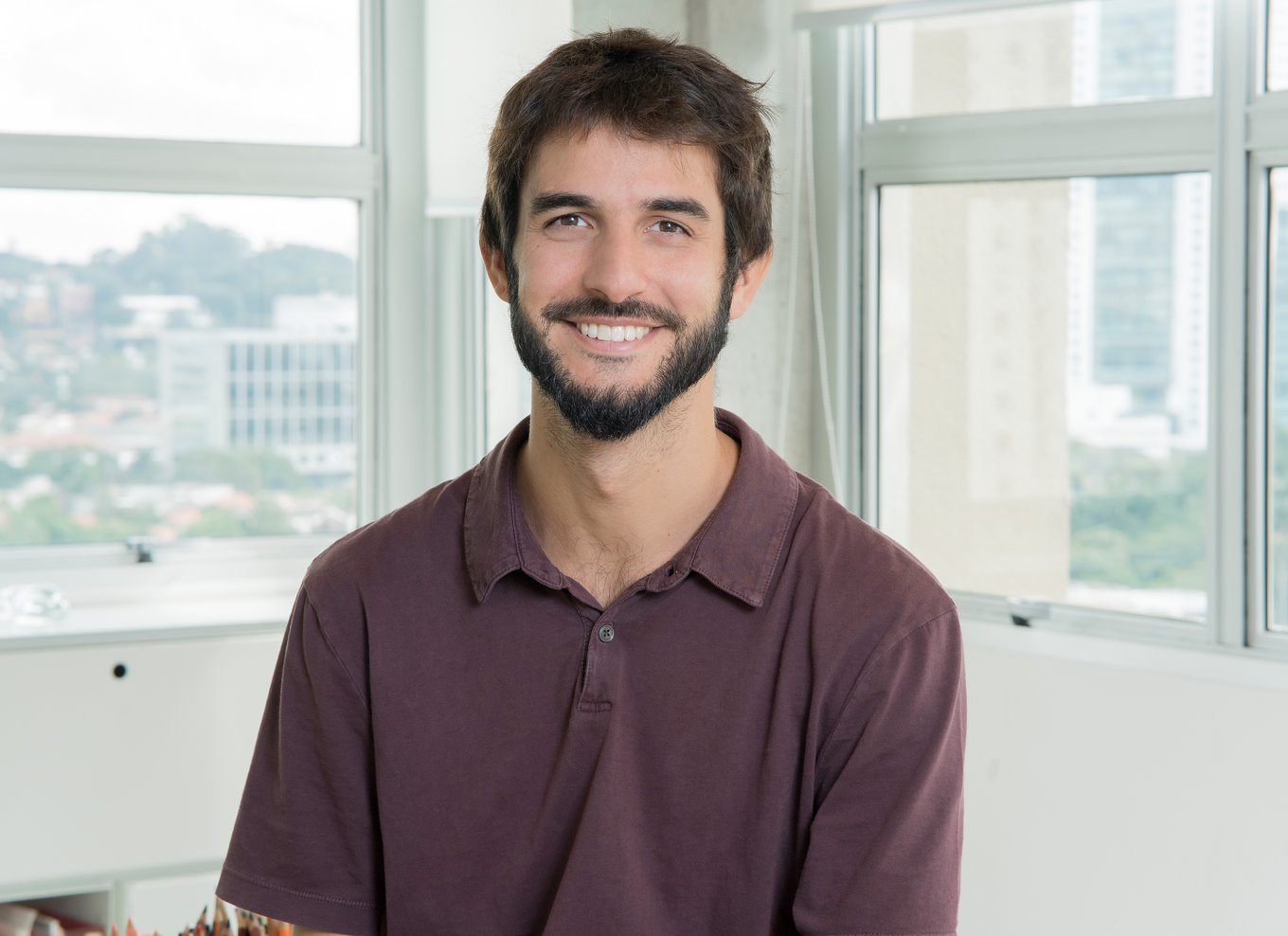The quality of life of more
than 150 million people depends exclusively on Brazil's public healthcare. They
do so in an unequal country where six men concentrate the same wealth as the
entire poorest half of the population, according to Oxfam International.
Despite having a public, universal, and free healthcare system, the COVID-19
pandemic made Brazil the Latin American country with the most deaths due to
SARS-CoV-2 coronaviruses.
Launched at the end of 2019, the Impulso Gov organization was born to develop technological solutions to promote decision-making processes based on data from the Brazilian healthcare system for free. Its creator, economist João Abreu, seeks to enable public administrations to provide better healthcare to all inhabitants of Brazil. The progress of his non-profit technology organization has made Abreu one of MIT Technology Review's 35 Innovators Under 35 Latin America 2022 in Spanish.
The arrival of COVID-19 was a challenge for the young man, who experienced the collapse of hospitals and healthcare centers. The entrepreneur explains: "I saw that we were very well positioned to help the different levels of government to face this unprecedented healthcare crisis." Thus, Coronacities was born: a platform to provide guidance and recommendations to municipalities in their fight against the pandemic. The success of his system allowed Abreu to discover that Brazilian healthcare "is rich in data, but poor in information."
With the experience gained, the young Brazilian developed tools to improve the primary care and mental health areas of the Brazilian healthcare system. The technology counts how many pregnant women do not attend prenatal check-ups or which children did not receive their vaccinations and helps to identify and monitor them. Impulso Gov collects data from various sources. With this amount of information, it manages to collaborate in disease prevention and not just wait for people to become patients by getting public agencies to make public policy diagnoses and make data-driven decisions.
These tools are free of charge for public administrations and citizens. Abreu finances his initiative with philanthropic organizations and the help of companies with Corporate Social Responsibility to make a fairer and more egalitarian world by providing access to a high-quality healthcare system regardless of your income. The young man has achieved that more cities frequently use his products and millions of people benefit from data-driven public health policies. "I want to turn the Brazilian public healthcare system into the best healthcare system in the world and for other countries to be inspired by our healthcare model," he concludes.




